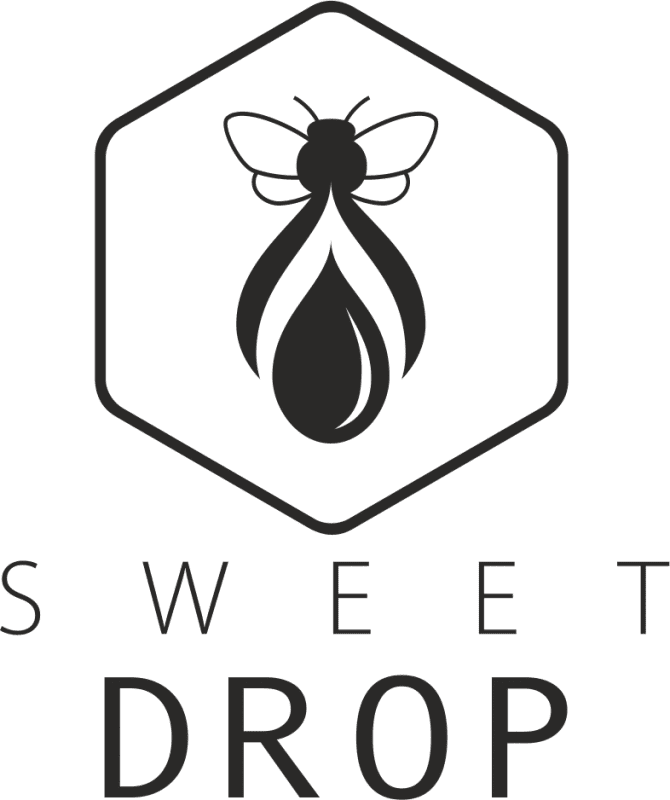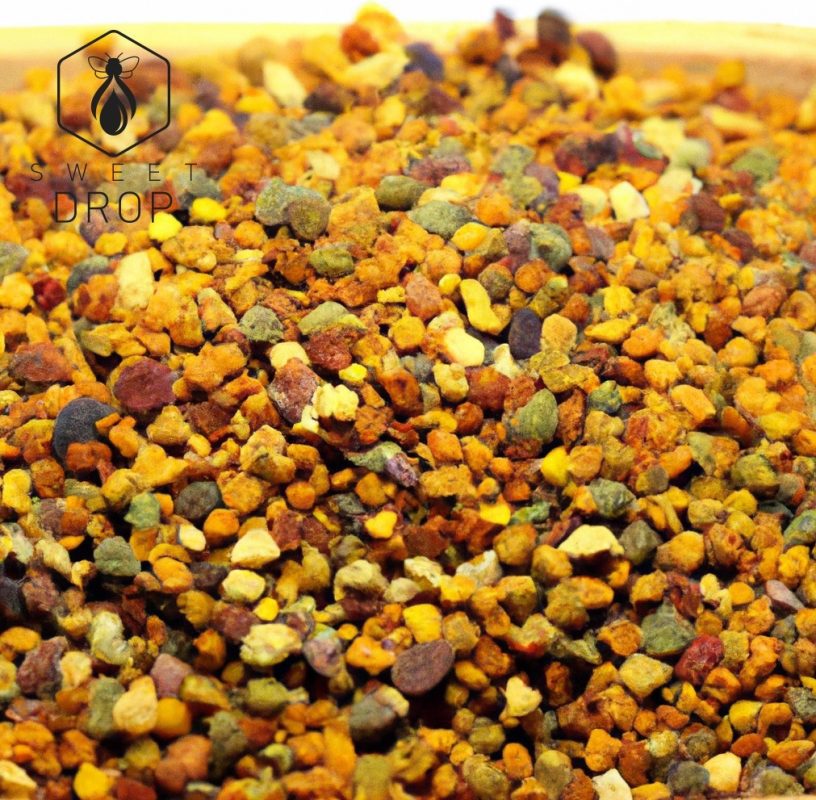Bees, Honey, Apitherapy, Bee Bread, Bee Pollen, Health
Immunostimulating Properties of Pollen and Bee Bread
Immunostimulating Properties of Pollen and Bee Bread
- Nutrient content: Pollen and bee bread are rich in essential nutrients, including proteins, vitamins (such as vitamin C and vitamin E), minerals (such as zinc and selenium), enzymes, and antioxidants. These nutrients play crucial roles in supporting immune function.
- Immunomodulatory effects: Pollen and bee bread have been shown to modulate the immune system, enhancing its activity when necessary and regulating it in case of overactivity. They can help balance the immune response, promoting a healthy immune system.
- Activation of immune cells: Research suggests that pollen and bee bread can stimulate the activity of immune cells, such as macrophages, natural killer cells, and lymphocytes. These immune cells play vital roles in the defense against infections and tumors.
- Anti-inflammatory properties: Chronic inflammation can impair immune function. Pollen and bee bread contain bioactive compounds, such as flavonoids and phenolic acids, that exhibit anti-inflammatory properties. By reducing inflammation, they can indirectly support immune function.
- Allergen desensitization: Interestingly, some studies indicate that regular consumption of local pollen or bee bread may help reduce allergic reactions. This concept is based on the idea that exposure to small amounts of allergens can help desensitize the immune system, leading to decreased allergic responses.
- Antimicrobial activity: Certain components present in pollen and bee bread, such as antimicrobial peptides, have demonstrated antimicrobial properties. They can inhibit the growth of various pathogens, potentially supporting the immune system in fighting infections.
- Antioxidant activity: Pollen and bee bread contain high levels of antioxidants, including flavonoids and phenolic compounds. These antioxidants help neutralize harmful free radicals in the body, which can cause oxidative stress and damage cells. By reducing oxidative stress, pollen and bee bread may indirectly support immune function.
- Gut health and microbiota modulation: The gut microbiota plays a crucial role in immune system development and function. Pollen and bee bread have been suggested to have prebiotic effects, meaning they can provide nutrients to beneficial gut bacteria, promoting their growth. A healthy gut microbiota is associated with a strong immune system.
- Adaptogenic properties: Some studies suggest that pollen and bee bread may possess adaptogenic properties. Adaptogens are natural substances that help the body adapt to stressors and maintain homeostasis. By supporting the body’s stress response, they can indirectly influence immune function.
- Energy and vitality: Pollen and bee bread are often associated with increased energy levels and vitality. By providing a rich array of nutrients, they can support overall well-being, which may indirectly contribute to a healthy immune system.
- Anti-aging effects: The antioxidant and nutrient-rich composition of pollen and bee bread may have anti-aging effects. Oxidative stress and age-related decline in immune function are interconnected. The antioxidant content of pollen and bee bread can help counteract oxidative stress, potentially supporting a more robust immune system.
- Traditional and anecdotal evidence: Pollen and bee bread have a long history of use in traditional medicine systems, such as Traditional Chinese Medicine and Ayurveda, for their immune-enhancing properties. While anecdotal evidence should be interpreted with caution, these historical uses suggest that these bee products have been valued for their potential benefits to the immune system.



